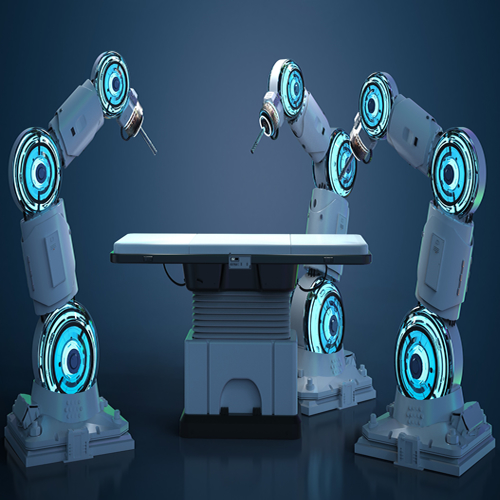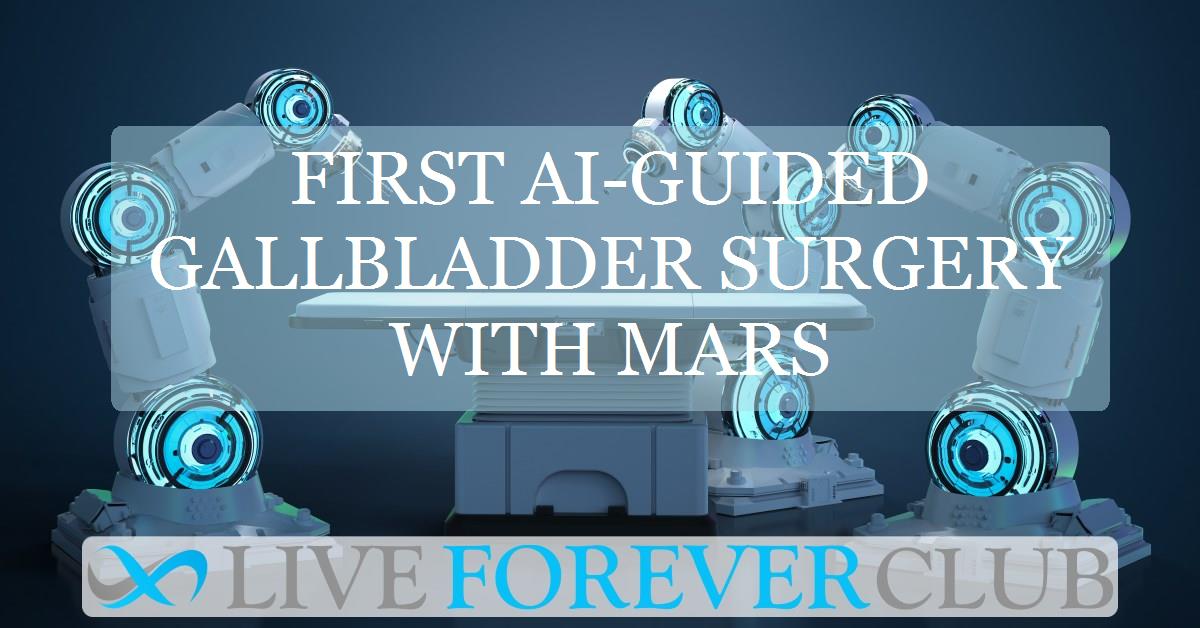Key points from article :
Levita Magnetics has reported a milestone in surgical technology: the first gallbladder surgery performed with an AI-guided autonomous camera. The operation, conducted at Clínica Las Condes in Santiago, Chile, used the company’s MARS platform, which integrates magnetic-assisted tools with advanced surgical robotics. This marks an important step in bringing artificial intelligence into the operating room to support surgeons with greater efficiency and precision.
The MARS system was designed to reduce the number of incisions required in common abdominal procedures by combining magnetic technology with surgeon-controlled robotic arms. Traditionally, laparoscopic surgery relies on an assistant to adjust the camera angle, but MARS initially gave surgeons direct control of the view. With the new AI-driven feature, the platform can now autonomously guide the surgical camera, ensuring a clear, stable, and uninterrupted field of vision throughout complex procedures.
According to Levita, this innovation offers significant patient benefits, including less pain, quicker recovery, and fewer scars, while also streamlining the surgical process by reducing the need for extra assistants. In the reported surgery, the AI system used a Stryker 1788 4K camera, providing high-definition visualization. The integration of AI makes surgical imaging more reliable and efficient, giving surgeons more focus and control in the operating room.
Dr. Alberto Rodriguez Navarro, founder and CEO of Levita Magnetics, emphasized that this development represents the first step toward true surgical autonomy. He argues that embedding AI into surgical workflows not only improves real-time precision but also lays the groundwork for smarter, more cost-effective, and widely accessible operating rooms. This milestone suggests a future in which robotic systems become the physical extension of AI, reshaping how complex procedures are performed worldwide.





